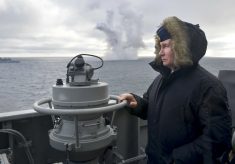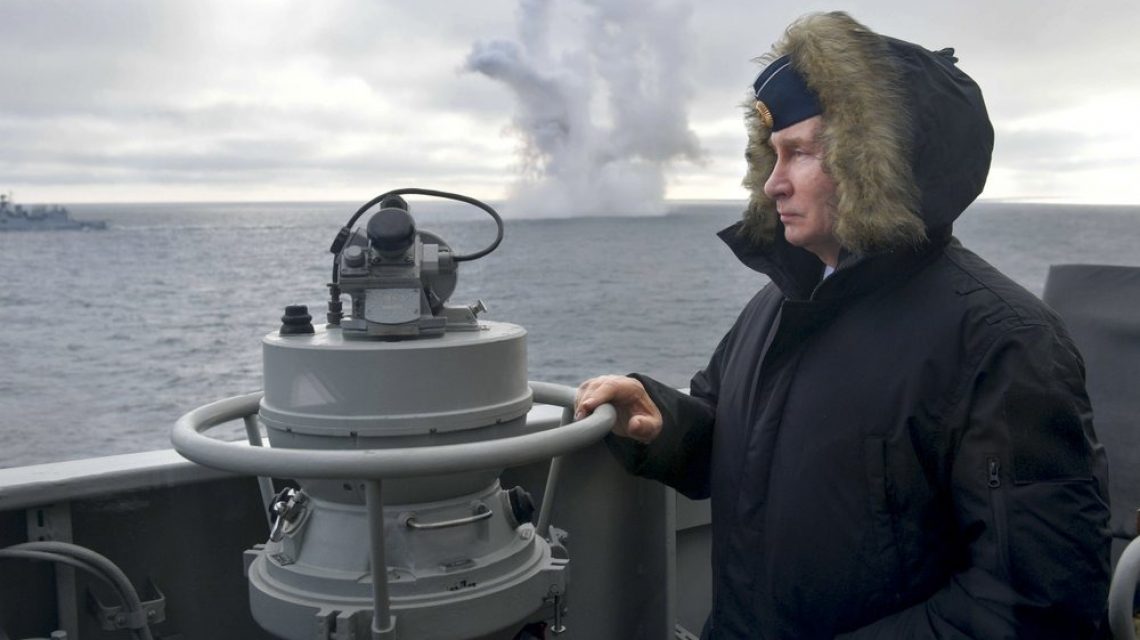The Black Sea is presently the epicentre of a very serious geopolitical contention between NATO and Russia. The reason is that the Black Sea is crucial for both NATO and Russian security but, above all, it holds an essential strategic value as a connection between the oil-rich areas as the Caspian Sea and the energy markets of Western Europe.
Thus, both sides strive to prevent a single stakeholder (Russia, the USA or even China and Iran) from gaining control over most or a good part of the basin, thus controlling also energy resources and their pipelines through different types of pressure.
Obviously the USA and NATO are interested in protecting free navigation, essential for a free global and regional trade, while keeping an open-door policy regarding the accession of Ukraine and Georgia to the Euro-Atlantic community.
On the other hand, Russia needs the Black Sea for its expansion and consolidation of political and commercial ties with the Middle East and the Eastern Mediterranean countries. Their strengthening would allow Moscow to promote its economy and raise its standing to an equal footing (ravnopravie) with the USA, a goal long-cherished against a country considered since three decades as overpowering.
Russia would thus restore a correct power hierarchy within a new multipolar world, made of spheres of influence, that would substantially protect the country’s population, leadership and establishment from the pressure or shocks of the until now US-led globalised economy.
Thanks to this protection, the Russian leadership thinks it can dispense from a cumbersome reform of its political and economic system. The recently reformulated Russian sovereignty concept, aimed at strengthening Russian legislation versus international legislation, goes into this direction.
It too early to tell what will be the medium-term outcomes, but generally reforms already identified by a leadership can be postponed, but eventually are unavoidable.
In the meantime, the Russian initiatives are concretely undermining international navigation rights and Ukrainian extraction rights, while risking also to compromise the security of underwater communication lines. Kiev’s extraction rights are not just a national concern, but a regional issue about the viability of this important country in a critical area.
Predictably, NATO’s strategy will rest on the cohesion, firmness and resolve of the organisation in reconciling still rather diverging positions among allies, actually ranging from principled Russophobia to shades of filo-Russian attitudes. The tools should be as usual an intense political dialogue aimed at relieving regional tension, using also pragmatic approach towards Moscow, while protecting essential interests and guaranteeing the allied deterrence.








